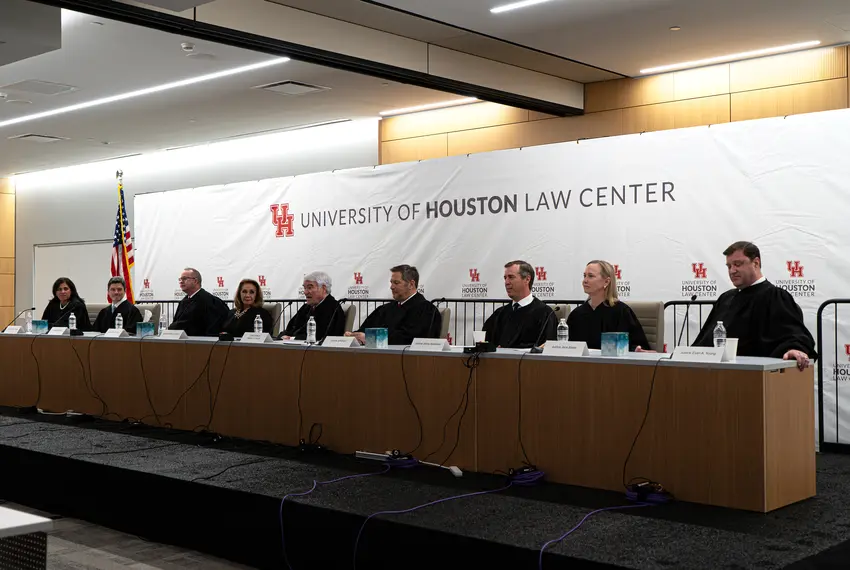- August 16, 2025
Texas Supreme Court Delays Ruling on Expelling Lawmakers Amid Redistricting Quorum-Break

The Texas Supreme Court has declined to issue an expedited ruling in a politically charged case that could determine the fate of more than a dozen Democratic state lawmakers who left the state in early August to block a Republican-led redistricting plan. Instead of immediately deciding whether those lawmakers abandoned their offices by breaking quorum, the court has established a full briefing schedule, setting a final deadline of September 4—well beyond the August 19 conclusion of the ongoing special legislative session.
Governor Greg Abbott and Attorney General Ken Paxton have pushed for the expulsion of members of the Texas House Democratic Caucus, led by Representative Gene Wu of Houston. The Democrats fled the state in protest of a mid-decade redistricting effort they say unfairly consolidates Republican power and dilutes minority representation. Their absence denied the Texas House the two-thirds quorum required to conduct business, effectively halting legislative activity, including unrelated measures such as flood relief funding.
Rather than relying solely on legislative mechanisms like fines or arrests to compel lawmakers’ return, Abbott and Paxton filed a quo warranto petition with the Texas Supreme Court, asking the justices to declare the absent Democrats unfit for office. The court, however, refused to fast-track the request, consolidating the filings into a single case and announcing a standard legal timeline for written arguments and rebuttals. This move delays any resolution for weeks, potentially into the fall election cycle.
This marks a rare moment in Texas legal history. While quorum-breaking has long been a dramatic—if controversial—tactic in Texas politics, it has never led to the removal of elected officials. Constitutional experts argue that while the tactic may disrupt governance, it is not tantamount to abandoning one’s office. Representative Wu, one of the central figures named in the petition, has defended the maneuver as a constitutional protest. “Denying the governor a quorum was not an abandonment of my office; it was a fulfillment of my oath,” Wu stated in response to the court filings.
The issue now sits squarely in the hands of a court composed primarily of justices appointed by Governor Abbott himself. Legal scholars warn that the high-stakes case threatens to blur the lines between legitimate legislative protest and executive power plays. If the court rules in favor of removing elected officials for participating in a quorum break, it would establish an unprecedented expansion of executive and judicial authority over the legislative branch.
The political implications are equally stark. Democrats frame their absence as a last line of defense against a gerrymandered map they say marginalizes voters of color. Republicans argue that the walkout is a dereliction of duty that warrants serious consequences. Meanwhile, critical bills remain stalled, and the state remains locked in a partisan standoff as the end of the special session approaches with no clear path forward.
Whether the Texas Supreme Court ultimately upholds or rejects the removal petitions, its decision will likely shape the boundaries of protest, power, and legislative accountability in the state for years to come.

